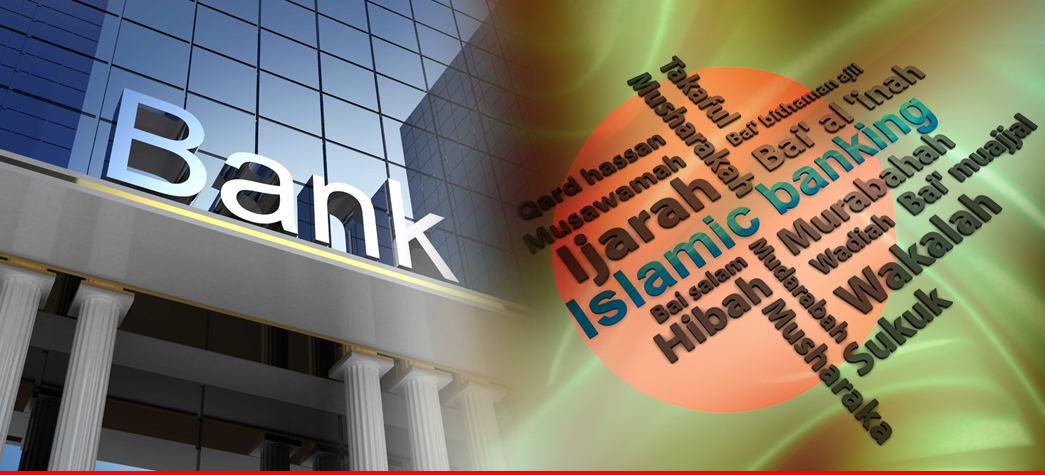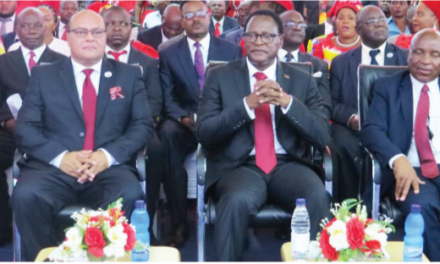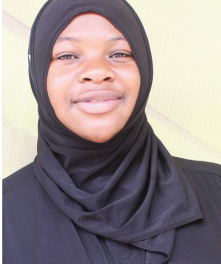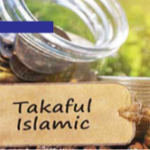
Islamic Banking as an Economic Development Tool in Banking Sector

Islamic banking has been preached for ages by various stakeholders, including the media, as a viable economic
development tool. The financial system strictly complies with Sharia, and it is based on a number of prohibitions that are not always illegal in the countries where Islamic financial institutions are operating.
The banking system has shown to be a good initiative in a number of countries that it operates in.
The FDH bank initiative to create an Islamic banking window will eventually increase its inclusiveness of Muslim
customers, as it has openly shown its target in providing what the religion grouping prefers. Islamic banking provides an alternative banking system that is accessible to people who are excluded from the traditional banking system due to religious beliefs and/or social status. In Malawi, Islamic banking can provide financial services that are consistent with Islamic banking principles, and it can as well be accessed by people of other religions.
Islamic banking operates on ethical principles that prohibit charging or paying of interest (riba) and engaging in
speculative transactions (gharar).
The main essence of this is to promote responsible lending and borrowing practices, which can help prevent financial crises that customers as well as banks might face.
This type of banking also promotes investments in real assets. It provides investment opportunities in real assets
rather than speculative financial instruments. This helps to promote investment in productive sectors of the economy, which can contribute to economic growth and job creation.
Islamic banking is based on risk-sharing principles, which means that both the bank and the client share the risk of the investment.
This can promote responsible lending practices and encourage borrowers to invest in productive projects that have a higher chance of success.
Support for small and medium enterprises: Islamic banking can provide financial support to small and medium enterprises (SMEs) in Malawi. SMEs are a key driver of economic growth and job creation, and Islamic banking can
help provide them with access to financial resources that they might not be able to get from traditional banks.
Overall, Islamic banking can contribute to the economic development of Malawi by promoting financial inclusion,
responsible lending practices, and investment in productive sectors, risk sharing, and support for SMEs.

































